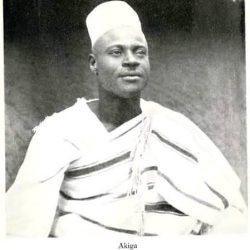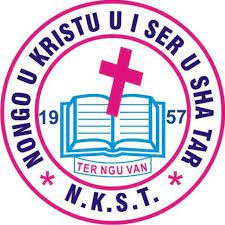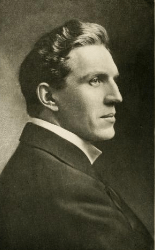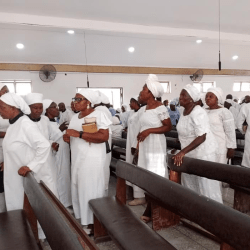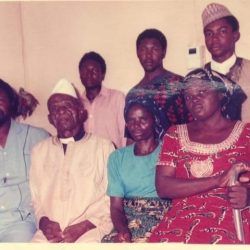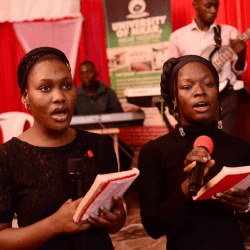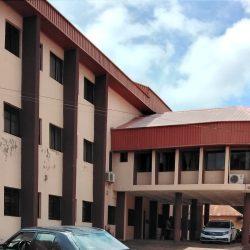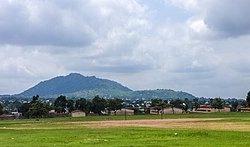The NKST Church (Nongo u Kristu u i Ser u sha Tar), also known as the Universal Reformed Christian Church (URCC), is a significant Protestant institution in Nigeria with deep historical, cultural, and theological roots. Established on January 9, 1957, in Mkar, Benue State, the church has grown into a vibrant faith community with a distinct identity, global connections, and a commitment to biblical teachings.
Historical Roots of NKST Church
1. The Beginnings of Missionary Work
The origins of NKST Church can be traced to Dr. Karl Wilhelm Kumm (1874–1930), a German missionary and founder of the Sudan Pioneer Mission (SPM), later renamed the Sudan United Mission (SUM). Inspired by the need to evangelize the Sudan Belt—a vast sub-Saharan region from Senegal to Sudan—Dr. Kumm began his mission work in 1908.
2. The First Mission in Tivland
The SUM missionaries initially worked among the Mbula people in Taraba State before shifting their focus to the larger Tiv tribe. In April 1911, under Carl Zimmermann, SUM established its first mission station in Sai, near Zaki Biam in Katsina Ala Local Government Area. This marked the beginning of organized Christian missionary activities in Tivland.
3. Growth and Leadership Transition
By the mid-1900s, the church saw significant growth, prompting a transfer of leadership from SUM to the Dutch Reformed Church Mission (DRCM). This transition helped unify NKST’s doctrine, paving the way for its autonomy in 1957. During this period, indigenous leaders like Benjamin Akiga Sai, the first Tiv pastor, played crucial roles in shaping the church’s identity.
Name and Identity Evolution
Initially known as Nongo u Kristu ken Sudan hen Tiv (Church of Christ in Sudan among the Tiv), the name was changed in 2014 to Nongo u Kristu u i Ser u sha Tar (Universal Reformed Christian Church). This change reflected the church’s desire to embrace inclusivity, moving beyond the perception that it was solely for Tiv people.



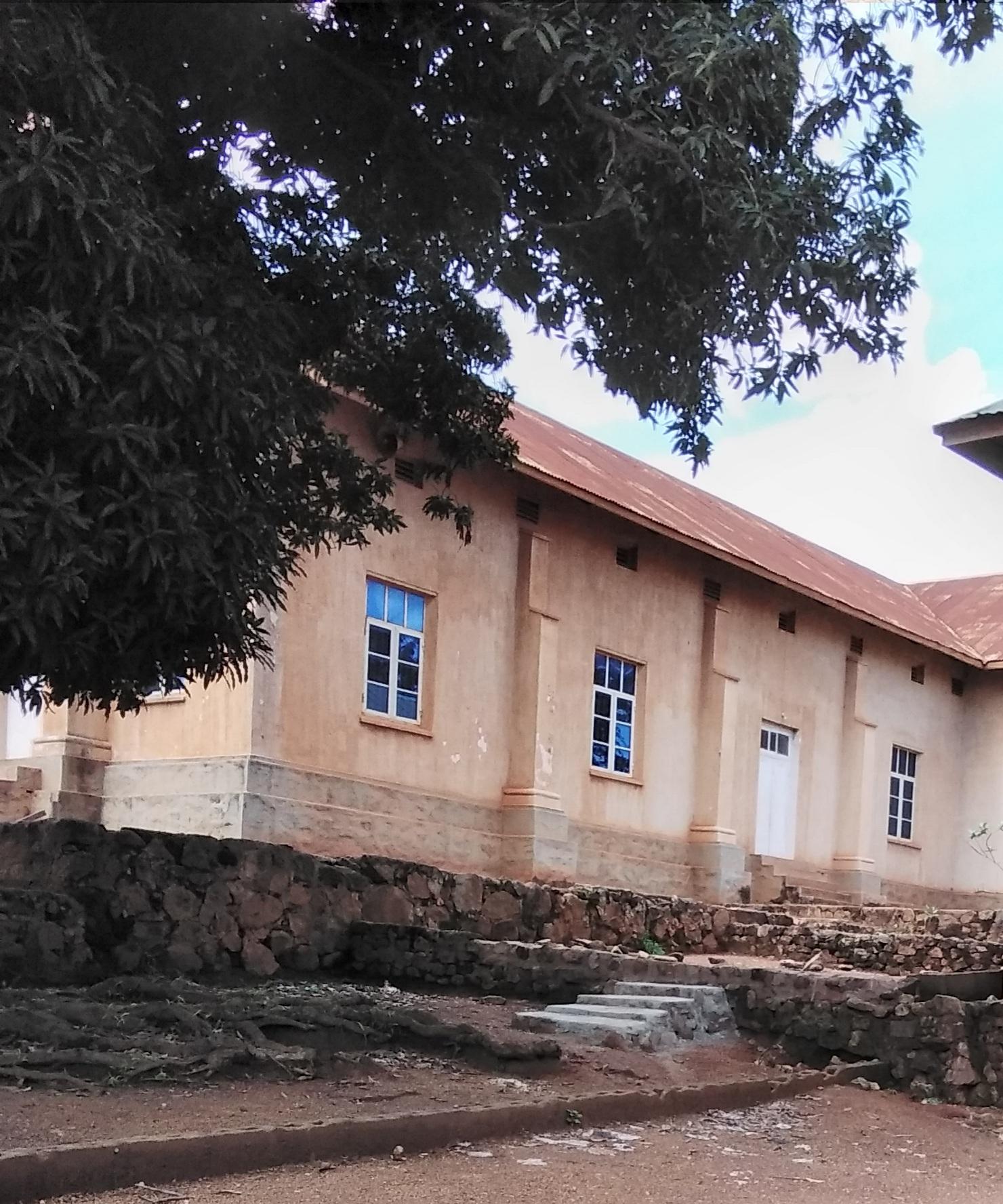

Organizational Structure of NKST
NKST operates under a Presbyterian governance model, emphasizing collective leadership and decision-making. Key elements of its structure include:
1. Synod Leadership
The Synod is the church’s highest decision-making body, presided over by the NKST President. Its seven-member executive council comprises:
- President
- Vice President
- General Secretary
- Assistant General Secretary
- Three appointed members.
2. Regional and Local Administration
NKST is divided into 60 zones (classis), which oversee 372 consistories and approximately 1,000 churches. This extensive network ensures efficient spiritual and administrative management.
3. Membership Requirements
NKST emphasizes commitment to biblical teachings. Members undergo:
- Three years of Bible classes.
- Baptism.
- Regular participation in Holy Communion.
Doctrinal and Theological Emphasis
As a Reformed Christian denomination, NKST aligns closely with the principles of the Dutch Reformed Church of South Africa and the Netherlands. Core tenets include:
- Strict adherence to biblical teachings.
- An emphasis on spiritual discipline and moral integrity.
- A commitment to evangelism and community service.
Educational and Social Contributions
NKST has significantly impacted education, healthcare, and community development in Nigeria. Its initiatives include:
1. Theological Education
The church operates a theological seminary in Mkar to train pastors and evangelists. This institution ensures a steady stream of spiritually grounded leaders.
2. Schools and Universities
NKST runs over 20 schools and a university, providing quality education to thousands of students.
3. Healthcare Services
The church manages several hospitals and clinics, offering affordable healthcare to underserved communities.
Growth and Global Connections
NKST began with only 25 baptized members in 1935, but by 1941, this number had grown to 214. Today, NKST boasts:
- Over 1 million members.
- 500 ordained ministers.
- 700 evangelists.
Despite its local roots, NKST has global ties, notably with the Christian Reformed Church (CRC) in North America and the Dutch Reformed Church of South Africa.
Significant Milestones
- 1964: Completion and dedication of the first full Bible translation in the Tiv language.
- 1957: NKST attained autonomy and formal organization with its first four indigenous pastors.
- 1960: End of South African missionary involvement due to Nigeria’s anti-apartheid policies.
- 1985: Continued support from CRC Mission of North America.
Notable Members and Legacy
NKST has been home to influential figures, including:
- Late Stephen Akiga Sai, former Nigerian Minister of Police and Sports.
- Gabriel Suswam, former Governor of Benue State.
The church’s influence extends beyond its members, as its doctrines, gospel songs, and community services resonate across denominational lines.
Challenges and Distinctive Features
1. Simplicity Over Wealth
NKST prioritizes spiritual growth over material wealth, distinguishing it from many Pentecostal churches. This focus often leads to the misconception that the church lacks resources, despite its significant achievements.
2. Synod-Centric Governance
The frequent reference to the Synod in decision-making has earned NKST the nickname Sonodi among locals, with members humorously called Mbasonodi (“Synod People”).
NKST Church stands as a beacon of faith, education, and community service in Nigeria. Rooted in a rich history of missionary efforts and cultural integration, the church continues to uphold its mission of spreading the gospel while fostering holistic development. Its legacy as a pioneer in Tivland and a symbol of Reformed Christianity endures, impacting generations both locally and globally.
